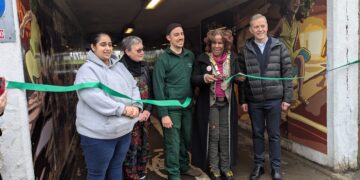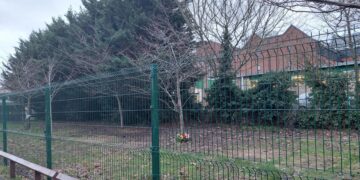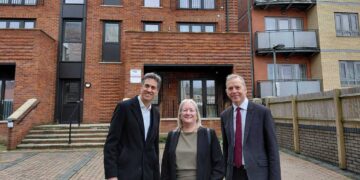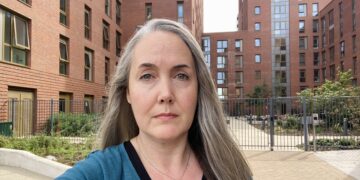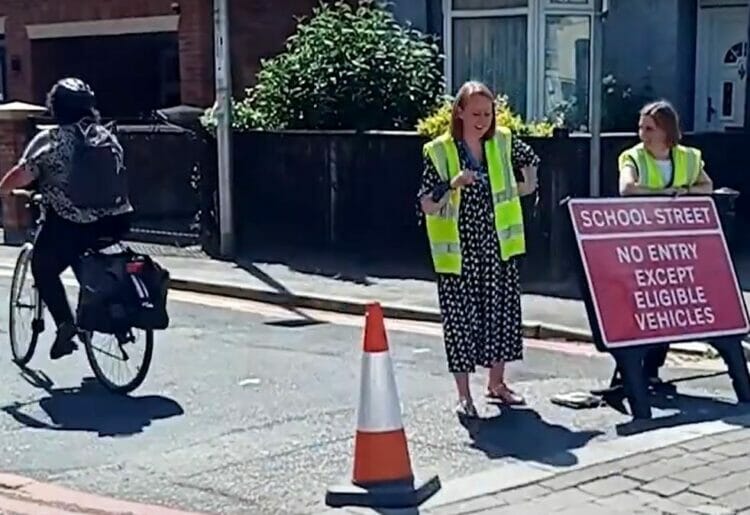A ROAD closure in place during school run times will become permanent after Reading Borough Councils approved the scheme.
Crescent Road between its junctions with Wokingham Road and Bulmershe Road have been taking part in a trial, seeing it shut to traffic for a period of time both in the morning and the afternoon.
The school street encourages families to walk or cycle to school, rather than being dropped off by car, and operates from 8.15am to 9am, and 2.45pm to 3.30pm during term-time.
Volunteer marshals are in place to ensure the scheme works, and it helps pupils attending three schools: Alfred Sutton Primary School, UTC and Maiden Erlegh School.
Other school streets serve Wilson Primary in West Reading, Thameside Primary in Caversham and Park Lane Primary in Tilehurst.
Now, the trial will become permanent following a vote by Reading Borough Council’s traffic management sub-committee, held on Wednesday, Jun 14.
Cllr John Ennis (Labour, Southcote) is the lead councillor for transport, and felt the project had been worthwhile.
“I’m really pleased it’s going to permanent. I think these street schemes are excellent, outstanding,” he said. “The one in Wilson Road, I go by there every morning as I’m walking to work and it is well complied with.
“As a Southcote ward councillor that has to deal with issues around school traffic and school parking I’m green with envy. I want that to take place in some of the schools in Southcote, I’m jealous.”
Cllr Rob White, leader of the opposition and Green party member for Park ward, said: “It’s great seeing young people walking down the middle of the road unimpeded by cars, which used to be fairly common for residents to raise.
“The congestion in Crescent Road was so bad that car were mounting the pavement and driving along and there were some very close calls, so it’s really positive to see the change.”
He noted there has been some ‘displacement’ of traffic, with families parking in surrounding streets and proceeding to drop off and pick up their children on foot.
Cllr White welcomed the scheme being made permanent, and suggested that the school streets could be enforced using cameras if volunteer numbers ever declined.





